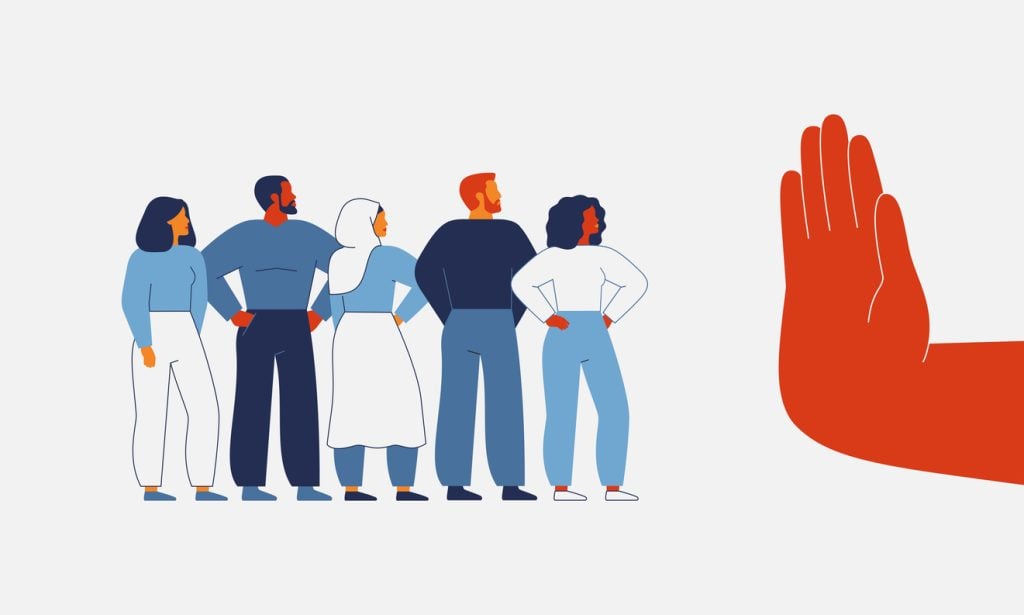

How Do Workers with Underlying Health Conditions Request to Work from Home?

 As some states begin to open their economies back up, workers with underlying health conditions that make them more vulnerable to COVID-19 may not want to return to their workplaces. People who are particularly vulnerable to coronavirus have high blood pressure, chronic lung disease, diabetes, obesity, asthma, and compromised immune systems. The Americans with Disabilities Act (ADA) states that these individuals are entitled to “reasonable accommodations” from their employers. Their employers are required to make changes to their work conditions to accommodate their disability such as allowing them to work from home. Here is guidance on how people with underlying health conditions can ask their employers for reasonable accommodation to work remotely during the coronavirus pandemic.
As some states begin to open their economies back up, workers with underlying health conditions that make them more vulnerable to COVID-19 may not want to return to their workplaces. People who are particularly vulnerable to coronavirus have high blood pressure, chronic lung disease, diabetes, obesity, asthma, and compromised immune systems. The Americans with Disabilities Act (ADA) states that these individuals are entitled to “reasonable accommodations” from their employers. Their employers are required to make changes to their work conditions to accommodate their disability such as allowing them to work from home. Here is guidance on how people with underlying health conditions can ask their employers for reasonable accommodation to work remotely during the coronavirus pandemic.
How Do You Request Reasonable Accommodation?
Individuals with underlying health conditions should request reasonable accommodations from their employer by email or another form of writing. They should look at their employer’s specific policy for requesting reasonable accommodations based on the ADA, city, or state anti-discrimination guidelines. Vulnerable workers should ask to work from home for three months. It’s important to provide a specific end-date for your request because the reasonable accommodation will be reassessed at that time. Workers cannot request an accommodation because they are over 65 or generally have bad health. They must cite a specific medical condition that they suffer from such as severe asthma or diabetes. Vulnerable workers should ask their health care providers for medical documentation of their disability to provide to their employers. They should also get a note from their general practitioner recommending that they work from home. If they believe that their employer will resist their request, they should ask for reasonable accommodation as soon as possible.
What Factors are Considered?
In the past, there have been three main factors that are considered when deciding whether working remotely constitutes reasonable accommodation. First, whether the request to work from home is temporary. Second, whether the employee’s position requires them to be in the office or meet with clients. Workers must be able to perform their essential work functions remotely. Third, if the company typically lets other workers in similar positions work from home. Now that more Americans are working remotely, it will be much easier to make these arguments. Workers will have more colleagues in similar positions as examples of employees who can regularly work from home. If a vulnerable employee cannot work from home, an employer may have to make other reasonable accommodations such as creating one-way aisles, using plexiglass or other physical barriers to reduce contact between employees and customers, or changing the worker’s schedule. Regardless, vulnerable workers have the right to ask their employer for reasonable changes to their working conditions under the ADA to ensure their safety.
Seek Legal Assistance
If you would like to ask your employer for reasonable accommodations, seek legal assistance today. The Working Solutions Law Firm, located in New York City, can assist you. Contact us today at (646) 430-7930 to schedule a free case evaluation and receive experienced legal counsel.


